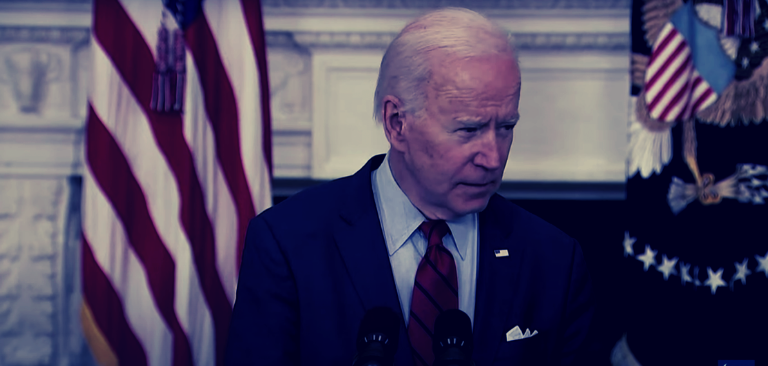President Biden’s White House has growing ties to Big Tech companies, new federal disclosures revealed. The ties raise concerns on whether the officials will remain impartial in dealing with antitrust, cybersecurity, and other policy areas involving their former employers.
The disclosures, which were availed by the White House through an online portal, provide the officials’ and their spouses’ income, assets, stock portfolios, debts, and nongovernmental positions from 2020 up to the time they joined the government this year.
The disclosures reveal that some White House officials have ties to Facebook, which is currently challenging a federal antitrust lawsuit and a congressional probe into its content moderation policies, as well as Microsoft, which is working with the government to solve the fallout caused by two cyberattacks that have happened in recent months.
This is not the first time to have senior White House staff with ties to influential companies in the private sector. Some of President Trump’s advisers and cabinet members were from Wall Street, the oil industry, and even his own real-estate business.
However, in the case of Biden’s White House, the ties are concerning as they involve companies that have a lot to gain or lose from government policies at a time when Big Tech power has the ability to change political landscapes.
The National Security adviser, Jake Sullivan, recently worked with Microsoft; he served on the company’s advisory council from 2017 to last May, specifically helping the company on “key policy developments.”
Currently, Sullivan is the head of an interagency task force addressing recent attacks involving Microsoft Exchange. Microsoft’s network was also compromised in a recent attack involving Russia that saw at least nine federal agencies and multiple private businesses compromised.
The head of the White House Domestic Policy Council, Susan Rice, was in Netflix’s board of directors until last December. Her portfolio shows that she has stocks in the streaming company, which she is in the process of liquidating.
Perhaps her conflict of interests would be more on COVID-19 vaccines, as she has substantial shares in vaccine manufacturers Johnson & Johnson and Pfizer Inc. However, the White House insists that she is not involved in decision making related to the vaccines.
The head of the coronavirus response, Jeff Zients, was on Facebook’s board of directors until mid-2020. He also had stocks in the company, but records show that he has divested himself of the stocks.
According to The Wall Street Journal some of these ties will test how the current administration handles the ethics pledge, which prohibits government officials from engaging in any issue “involving specific parties that is directly and substantially related” to any former client or employer, “including regulations and contracts.” And as of Saturday, no waivers to the administration’s ethics pledge had been issued for any White House staff.
“These White House officials are experienced government leaders whose past private sector experience is part of a broad and diverse skill set they bring to government service,” the White House said in a statement, responding to concerns about Sullivan’s former ties with Microsoft. “They have returned to government because of their deep commitment to public service, their desire to help bring our nation out of this time of crisis, and their strong belief that government can work for the American people.”
Sullivan also owns shares in Google’s parent company Alphabet and Facebook. He also worked for Macro Advisory Partners, and had a wide range of clients, including Matercard, Bank of America, Standard Chartered, and insurance company Aviva.













